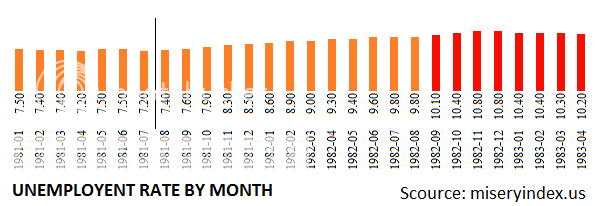Listening
Gold Member
- Aug 27, 2011
- 14,989
- 1,650
- 260
- Thread starter
- #21
Being affable and congenial counts for nothing. He set this country on the road to financial ruin, broke the law, turned us into a debtor nation, and lied to and cheated Americans. By all standards that count, he was a complete failure.
OTOH, maybe it wasn't him at all. There's some reason to believe it was Nancy and her astrologer who were running things ...
You couldn't prove that statement if your life depended on it.
This is the CDZ, not your typical bulls**t zone.
Get out of the thread if you are not going to post an argument.
He didn't lead the country on a road to ruin. He ran up debt. But for whatever reason, Clinton (along with a whole lot of help from a very conservative congress) was able to create a trajectory that had us on the road to NO DEBT and he came after Reagan. So, how did Reagan put us on the road to ruin when we are on a very good road after he left office ?
Post with numbers or shut and get off the thread.
O.K....still awaiting those numbers. So far it has been just crickets.



 At some point during GW's administration, Republicans became this group of ideological retards who forgot basic math. And that folks is why we are where we are today, not because of Reagan.
At some point during GW's administration, Republicans became this group of ideological retards who forgot basic math. And that folks is why we are where we are today, not because of Reagan.
